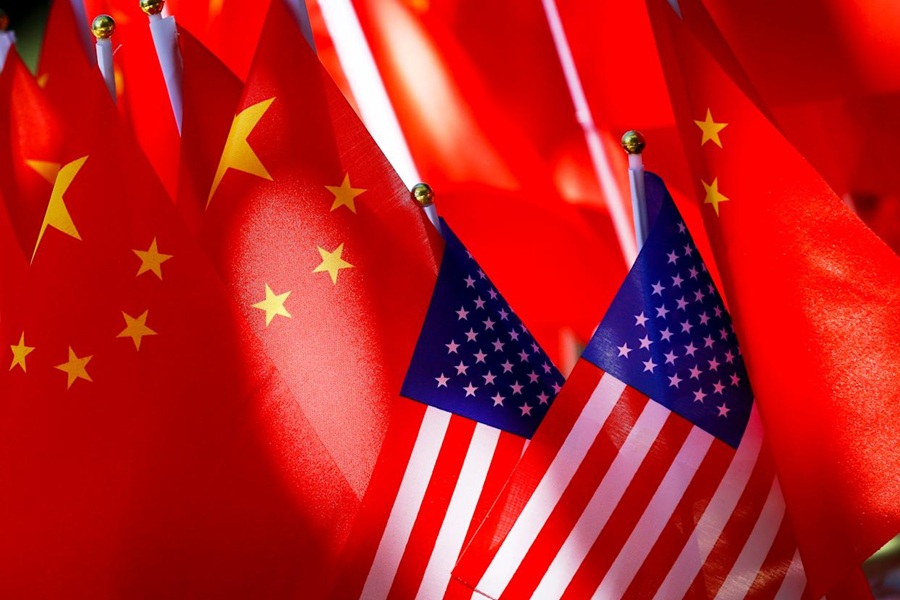HONG KONG — The U.S. revokes Chinese student visas, shaking the futures of thousands after Secretary of State Marco Rubio announced that students in “critical fields” and those linked to the Chinese Communist Party will be affected.
This major move comes as China remains the second-largest source of international students in the U.S., with over 270,000 enrolled in the 2023–2024 academic year — accounting for about a quarter of all foreign students.
Chinese Students React with Anxiety and Disappointment
“This is a new version of the Chinese Exclusion Act,” said Linqin, a Chinese student at Johns Hopkins University, who requested partial anonymity. He described it as the first time he considered leaving the U.S. after spending one-third of his life there.
Zou Renge, a public policy master’s student at the University of Chicago, shared that she is now rethinking her post-graduation plans. “In a very uncertain environment, I’ll try my best to find myself a solution,” she said, opting to stay in the U.S. rather than pursue humanitarian work abroad.
China Condemns Decision, Lodges Formal Protest
China’s Foreign Ministry spokesperson Mao Ning called the U.S. move “unreasonable,” stating it exposed the lie that the U.S. upholds freedom and openness. Beijing has formally protested the decision, framing it as part of an escalating pattern of discrimination against Chinese students.

Hong Kong Seizes Opportunity to Attract Displaced Students
Hong Kong’s leader John Lee, told lawmakers the city welcomes students facing discrimination under American policies, highlighting local universities’ readiness to assist.
The Hong Kong University of Science and Technology even offered to help Harvard University students transfer, after former President Trump threatened to revoke the school’s ability to accept international students.
Shifting Educational Destinations and Broader Impacts
The tense U.S.-China relationship and heightened scrutiny of Chinese students have already led many to look toward the U.K. or Australia instead of the U.S.
Educational consultants like Kitty Wu of Litz USA Student Service and Will Kwong of AAS Education Consultancy report that students and families are actively exploring alternative universities, such as the University of Hong Kong, which has gained appeal due to its international ranking.
U.S. revokes Chinese student visas: China’s Domestic Institutions May Benefit
Experts suggest that China’s top universities could benefit as more talented individuals opt to stay. “More may choose Tsinghua or Peking University, or work with the Chinese Academy of Sciences, which would boost China’s development,” said Zhang Qi, a Beijing-based post-doctoral fellow.
Incoming Students Left Waiting and Worried
Chen, an incoming student at Purdue University, expressed both anxiety and anger while awaiting visa approval. Speaking from China, he reflected, “I was expecting freedom and tolerance. The U.S. was known for its diversity, but it is a pity to see such a change.”
As the U.S. revokes Chinese student visas, international students, educators, and governments worldwide watch closely, anticipating the long-term fallout on global academic exchange and scientific collaboration.






